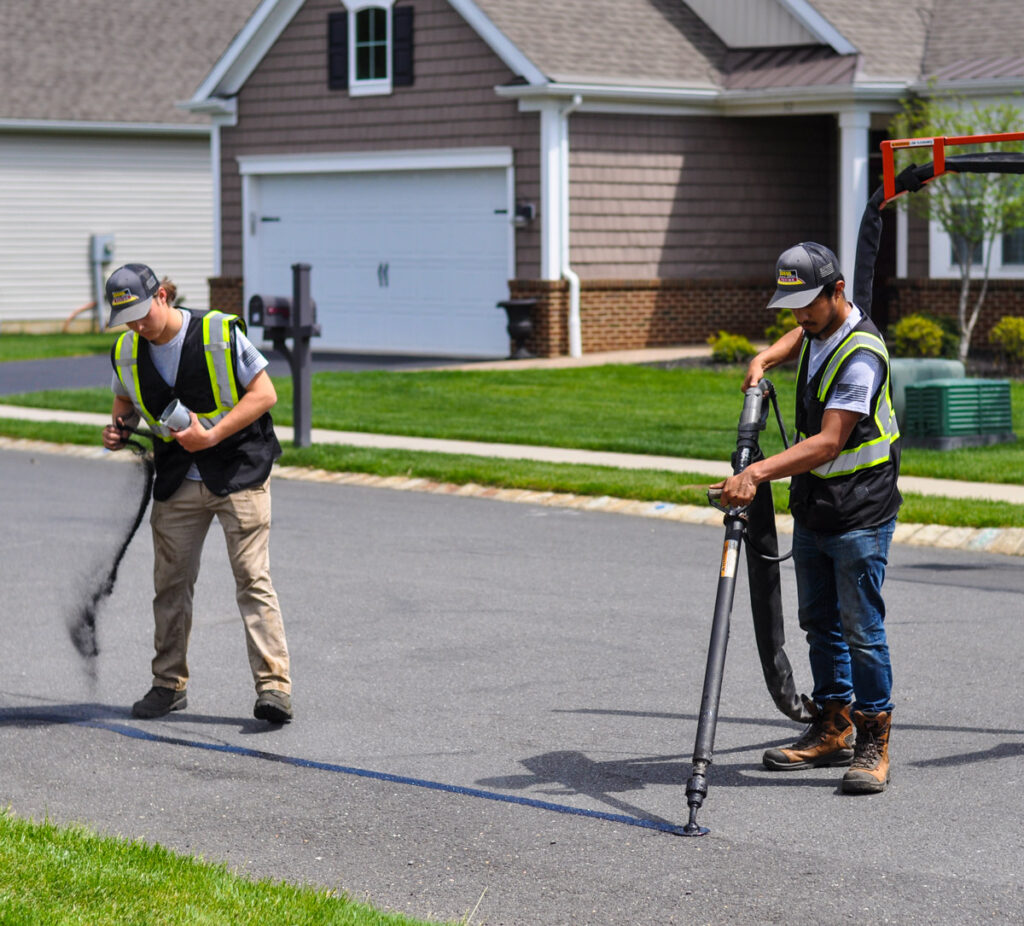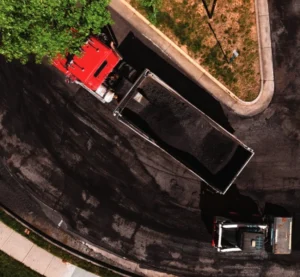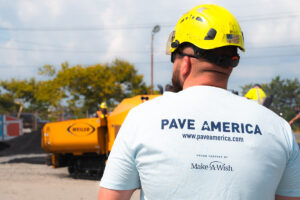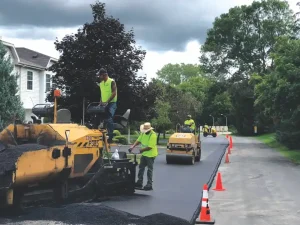Table of Contents
Navigating Alligator Cracks: Insights on Causes & Repair Solutions
Asphalt damages are common and can occur for several reasons, which is why you must take care of your pavement to maintain its aesthetic appeal and prolong its lifespan. However, alligator cracks, a particular pattern of asphalt damage, are increasingly becoming a concern, especially for commercial property owners. Alligator cracks are common and easy to fix. But they can lead to more serious problems and costly repairs if ignored. In this article, we help you understand what alligator cracks are, their causes, their types, and how you can fix them.
Alligator Cracks
What Are Alligator Cracks?
Alligator cracks, crocodile or fatigue cracks, are a distinct type of asphalt damage characterized by a pattern of interlaced cracks resembling the scales on an alligator’s skin. It’s worth noting that alligator cracks are common. In fact, they are probably the first type of damage you will see on your asphalt surface. Alligator cracks can occur regardless of how old the asphalt pavement is.
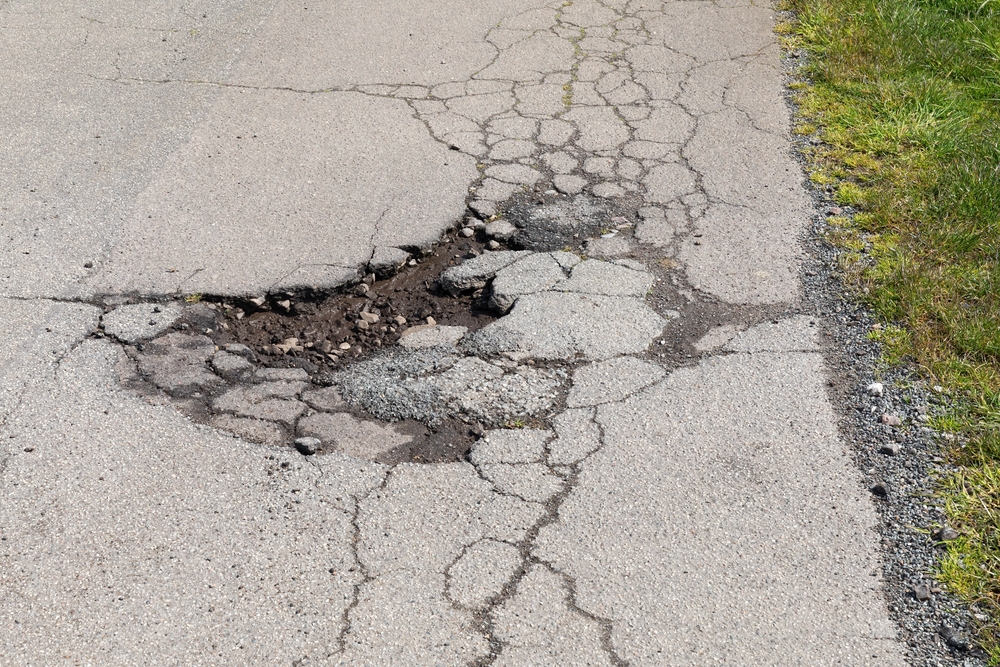
What Causes Alligator Cracking?
The causes of alligator cracking vary. The main reason is the exposure to heavy vehicles’ constant and prolonged strain. When the asphalt surface is subjected to heavy and repeated traffic loads, longitudinal cracks form along the wheel paths. Over time, these cracks connect to form multi-shaped patterns of cracks similar to the alligator skin. The following factors can exacerbate the cracking process:
- Poor structural design and improper pavement installation marked by poor base or sub-base
- Loss of load-carrying capacity due to excessive load on the pavement
- Improper drainage design
- Inadequate pavement thickness
The Risks of Alligator Cracking
Unfortunately, alligator cracks don’t stay the same forever. If neglected, the cracks often develop into something serious. If left unchecked for long, moisture can seep through the cracks and into the sub-base, further softening the foundation. As a result, the pavement’s lifespan reduces, and the risk of accidents increases significantly. Users tripping and falling on your property due to alligator cracks can attract huge liabilities.
Repair Solutions: How to Fix Alligator Cracks
An alligatored pavement makes your property unattractive and dangerous for users. If no immediate action is taken to fix or mitigate the damage, the cracks can put the pavement at a higher risk. So, at the first sign of alligator cracks, always contact a professional crack sealing service to prevent further damages and get them repaired by performing the following:
- Crack filling: in this process, an adhesive sealant is placed into the cracks to prevent moisture from infiltrating the pavement.
- Sealcoating: in the seal coating or pavement sealing process, a protective coating is applied to the asphalt to provide an extra layer of protection from the water, oils, UV rays, and other elements.
- Asphalt repairs: cracking filling and seal coating can go a long way in fixing minor alligator crack issues. However, sometimes extensive asphalt repairs may be needed to maintain the integrity of the surface and prevent issues from occurring in the future.
Asphalt Crack Filling Services in Virginia & D.C.
How Pro-Pave Inc. Can Help
Alligator cracks are common and often a cosmetic issue. However, if repairs are put off and neglected, the cracks will spread, widen, and develop other cracks and potholes, causing severe structural damage. Alligator cracks can make it difficult for users to navigate the asphalt pavement and even create liability risks. So, it’s wise to notice the signs and fix the cracks as soon as you see them.
Pro-Pave Inc. offers a wide range of quality and affordable asphalt paving and repair services. Our experts will inspect the pavement to determine the root cause of the problem and propose a long-term solution that will preserve the life of your asphalt.
Contact us today or call us at (703)-433-9500 for a free consultation.

